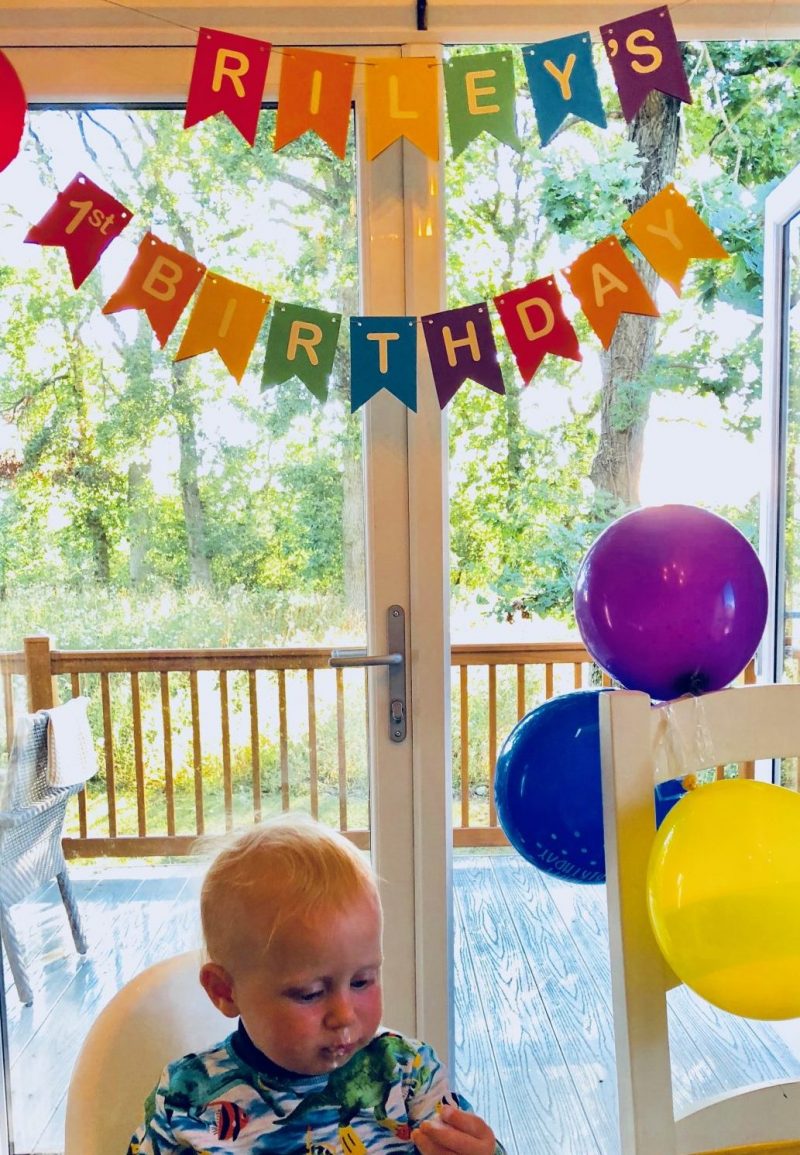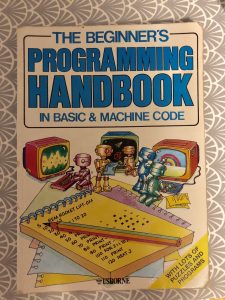“That’s the thing about lessons, you always learn them when you don’t expect them or want them” – Cecelia Ahern
It was my son Riley’s 1st birthday yesterday and I began pondering on the life lessons I’ve had in his first 12 months. So much has happened for him and me, I thought I’d share my own 5 most pertinent.
1. Love doesn’t get divided, it multiplies.
A famous quote “A candle loses nothing by lighting another candle.” James Keller describes this lesson aptly. In order to give yourself you don’t have to lose part or all of yourself. When Mack our first son was born, I learned and experienced unconditional love for the first time. It’s an incredible feeling, knowing that no matter what I’ll always love him.
Having a second child made me wonder how we could make room for more love. How can you love an extra child without reducing some for the first?
What I’ve learned? I now know you divide time not love. Love actually multiples, and if parenting style demonstrates this both children feel unconditionally loved, an important factor for a fulfilling adulthood.
2. Life is as complicated as your thoughts.
In the last year I’ve done more thinking about my life than at any other time. It’s been intense and I’ve questioned many decisions, ones I’ve taken action on and ones I’ve decided not to. Have I chosen the right things? How will my decisions affect my future? Who am I affecting with my decisions? Am I creating good? All this led my life to become complicated for a while, that is until I began thinking more purposefully again.
I returned to mindfulness, thinking about what I’m doing in the moment, rather than being elsewhere. I’m also still working on the self talk, where I beat myself up at times. Rather than beat myself I look at how I could have been better, not how ineffective I may have been.
What I’ve learned? You really are what you think.
“We are addicted to our thoughts. We cannot change anything if we cannot change our thinking.” – Santosh Kalwar
3. Employing people for one skill limits impact.
4 months after Riley was born I chose to change the company I worked for. This was a huge risk to our family setup, one that has impacted our financial situation as well as our lifestyle. It’s also been a culture shock joining a company in its infancy, something very different to a large company such as Satya Nadella’s Microsoft, a company now working for world change in many areas and no longer just its shareholders.
What I’ve learned? Xbox at Microsoft set me up to become a fully functional person. Someone excellent at one thing (Quality) and very good at a few other things (business, finance, IT, leadership). This enabled me to have a much greater impact than a person hired and used for only one skill or vocation.
Many companies believe in focusing employees only in specialism, where they hire a person for one thing, like programming. Although companies need specialism and the separate teams that support it, they also benefit from their people understanding and being very good at other things. Having people in a company like this increases effectiveness and the likelihood of real growth.
What I’ve learned? If people are only interested in being employed for the one thing they are specialist at, and a company allows for it, then as a business grows it will struggle to reach its full potential.
4. Consumerism is deeply ingrained (life is affected by big business).
Living in Denmark for the last 2 months has really highlighted consumerism in our lives. I didn’t realise how much of a consumerist I had become (and I don’t consume that much). Be it media like TV, clothing or accessories, the average Brit consumes massively. The whole of the UK is basically setup around business, big and small. In Denmark they still buy a product and expect it to last, in the UK you buy something relatively cheap and replace it in a few years.
What I’ve learned? Life in the UK is heavily driven by big business. Be it big pharma, big media or big food production. The British population trusts the advice and advertising they are surrounded by each day, living around it instead of letting it into their lives on their terms.
5. Rhythms, process and systems lead to success.
Life without rhythm and business without process generates waste. Moving from a role establishing and managing systems to one where systems are more scarce continues to be a personal challenge.
With systems you can reliably recreate success and improve the way you or your company works. Systems allow you to track performance and take into account the things that can really make a difference. Without systems and processes, you’re leaving it to memory and chance. Not only that, you’re making it difficult for others to take over the roles you have or fill the roles your create.
Tim Ferriss has made a living out of showing people that having rhythms and systems in their lives makes them more successful. Michael Gerber did this for business in his best selling book E-Myth Revisited, so it’s still amazing to me there are people who do not embrace systems and processes in their lives and workplace.
What I’ve learned? Systems and rhythms really are the key to success, not just with growing the impact of a business on its customers, they’re critical for personal success too. For me it’s especially pertinent now I have a growing family and less time for myself.
Lastly, I believe in life long learning and the last 12 months has shown me we never stop learning from the choices we make and what life throws at us. I do wonder what Riley would put as his top 5 and so I’ve taken a guess below:
- I can poo in my pants and get new ones
- Mummy and Daddy can carry me when I’m tired
- I can walk on 2 legs!
- I can throw food off my table, and it sticks to walls!
- The TV remote turns the TV on




